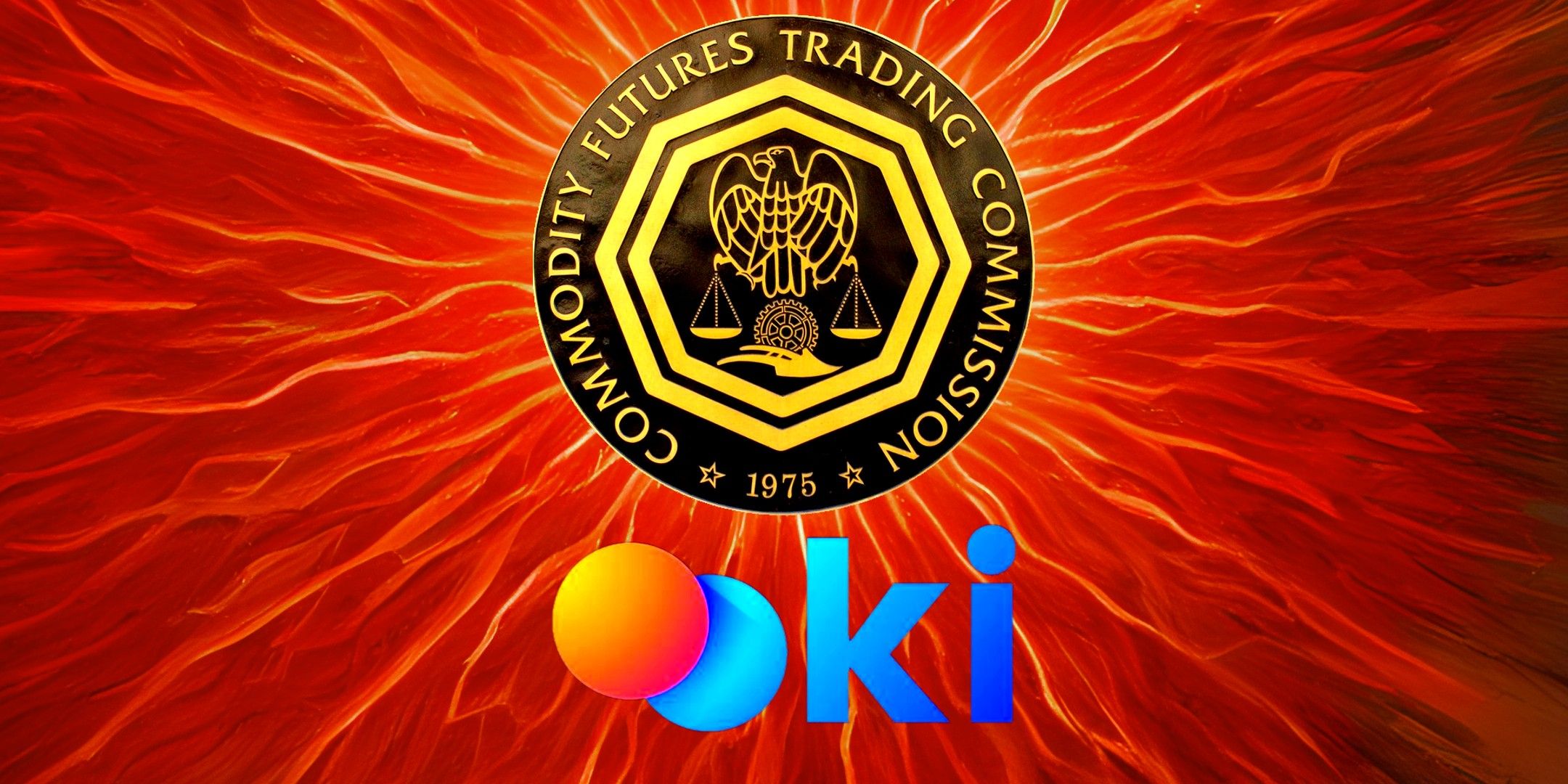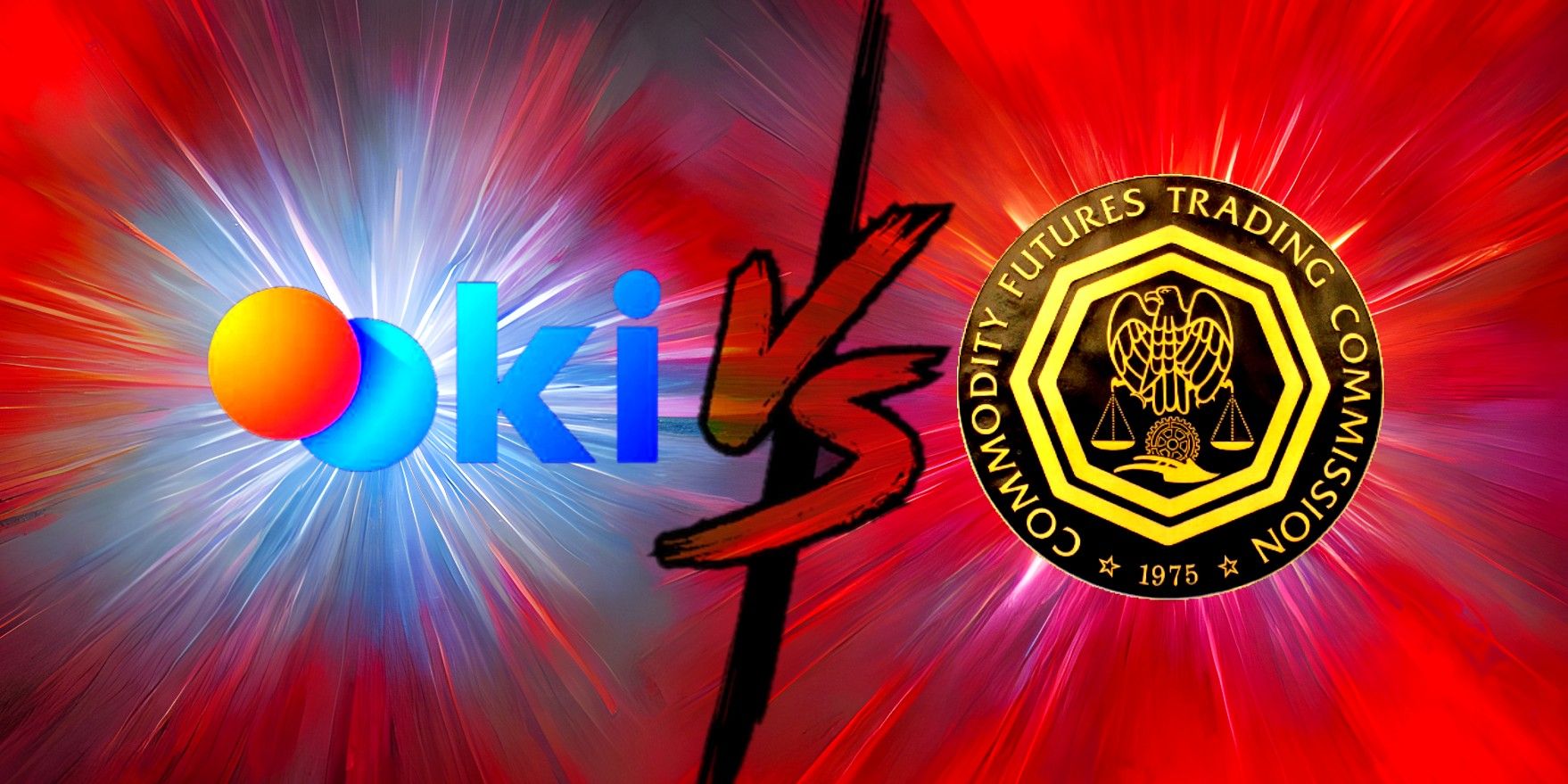The Commodities And Futures Trading Commission (CFTC) recently filed an enforcement action against Ooki DAO, a decentralized autonomous organization operating the Ooki Protocol on Ethereum. DAOs are a common form of governance in Web3. They are made possible by on-chain blockchain smart contracts as well as by off-chain apps, and comprise a global community of token holders who propose and vote on various governance decisions.
To date, DAOs do not have any explicit legal definition or rights, and must often register as LLCs to protect their members, but are not recognized or treated as decentralized organizations absent of identifiable leadership. Many decentralized finance (DeFi) protocols are owned and governed by DAOs, including the Ooki Protocol (formerly bZeroX Protocol, or bZx). Ooki Protocol is an Ethereum on-chain margin trading exchange that offers up to 5x leverage for long and short positions on several popular DeFi cryptocurrencies.
According to the CFTC's press release, a $250,000 enforcement action has been brought against Ooki DAO for illegally operating an unregistered leverage and margin-trading exchange and failing to comply with Bank Secrecy Act regulations. Under regulations, U.S. exchanges must gather Know Your Customer (KYC) information, which is impossible for DeFi protocols to comply with in the absence of an on-chain identity system (which NFT IDs could fulfill in the future). The CFTC's enforcement action specifically targets two founders and the Ooki DAO as a whole, stating in its press release, "The CFTC seeks restitution, disgorgement, civil monetary penalties, trading and registration bans, and injunctions against further violations of the CEA [Commodity Exchange Act] and CFTC regulations, as charged."
Participating In DAO Governance Just Became Risky
The enforcement action treats the DAO as an "unincorporated association" and is holding its participants liable for legal penalties, which will discourage participation in other DAO-owned projects and will stifle innovation for Web3 decentralized applications (dApps). The crypto community is outraged by the severity of the action, which states that Ooki DAO members may face "trading and registration bans" that many are interpreting to mean being banned from trading cryptocurrency.
There is a long-held belief that transitioning governance over to a DAO renders a DeFi protocol "enforcement proof," which the bZeroX founders explicitly stated before rebranding to Ooki Protocol. However, the CFTC's enforcement action brings this false belief to an end, as it is an official reason why the enforcement action is being brought against Ooki DAO. The DeFi industry has many DAO-governed cryptocurrency trading protocols, including margin trading, derivatives, and even flash loan services, none of which are designed to gather KYC information, nor can they modify their protocols to do so. The fear in the crypto community is if members of Ooki DAO are held liable for participating in DAO governance, then DAOs will become unsafe to participate in altogether, thus affecting their decentralization.
The CFTC's enforcement action is considered the most severe ever taken against a blockchain project for the way it is holding DAO members liable for operating an unregistered margin trading exchange. The nature of the action leaves decentralized exchange (DEX) protocols and other DAO-governed DeFi protocols questioning if they will be next, and whether participating in a DAO exposes them to the risk of legal action. With members of Ooki DAO facing potentially life-changing consequences, other DAOs are now afraid that they may be hit with enforcement actions as well.
Source: CFTC


